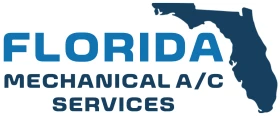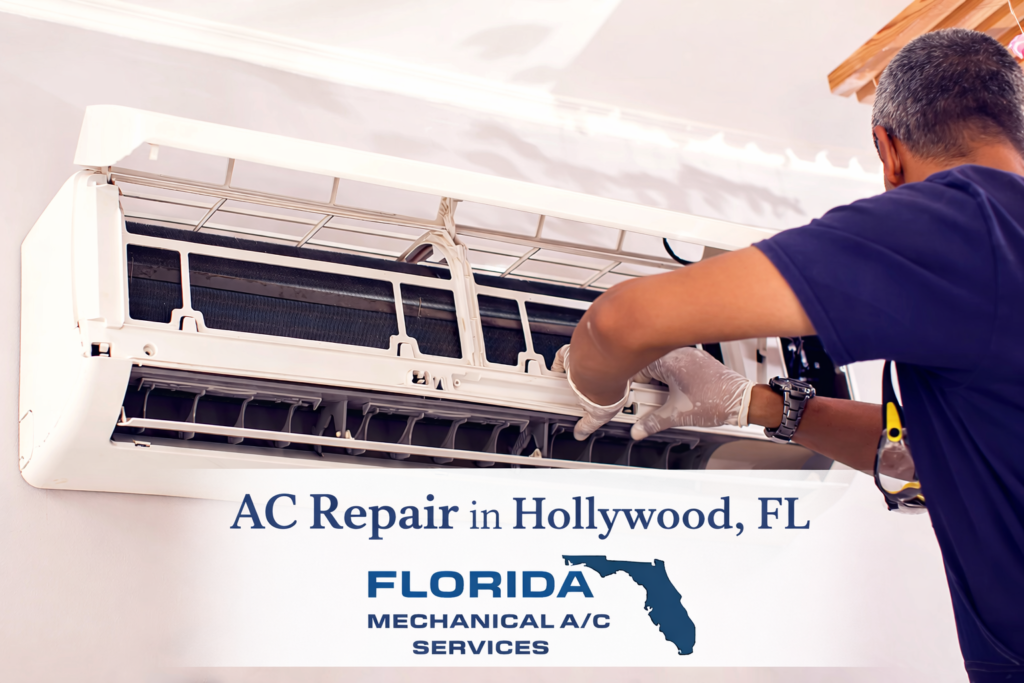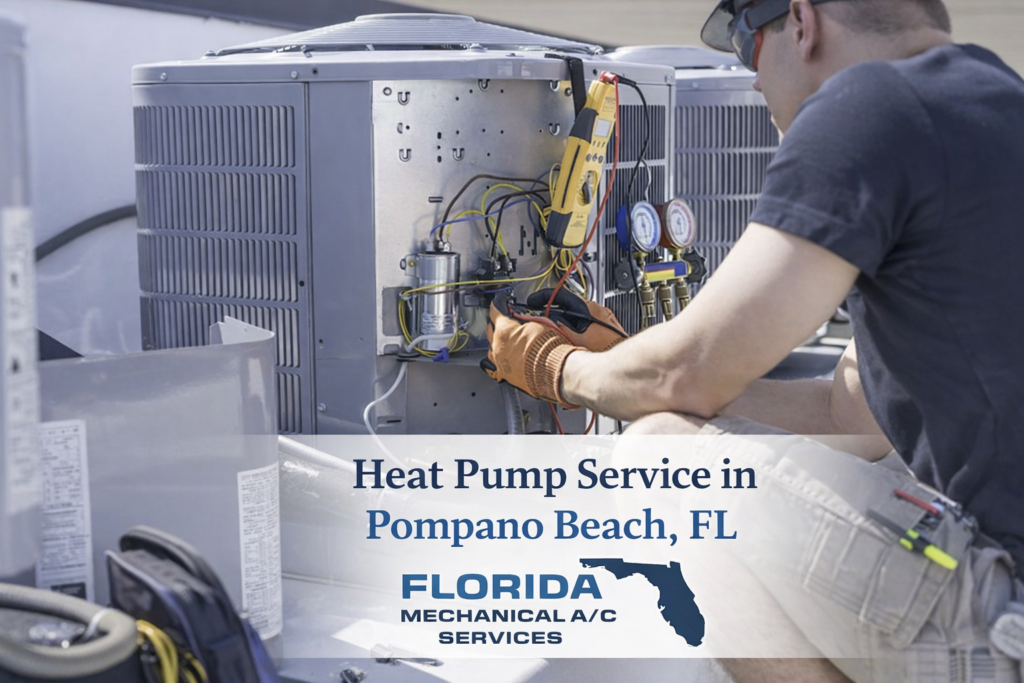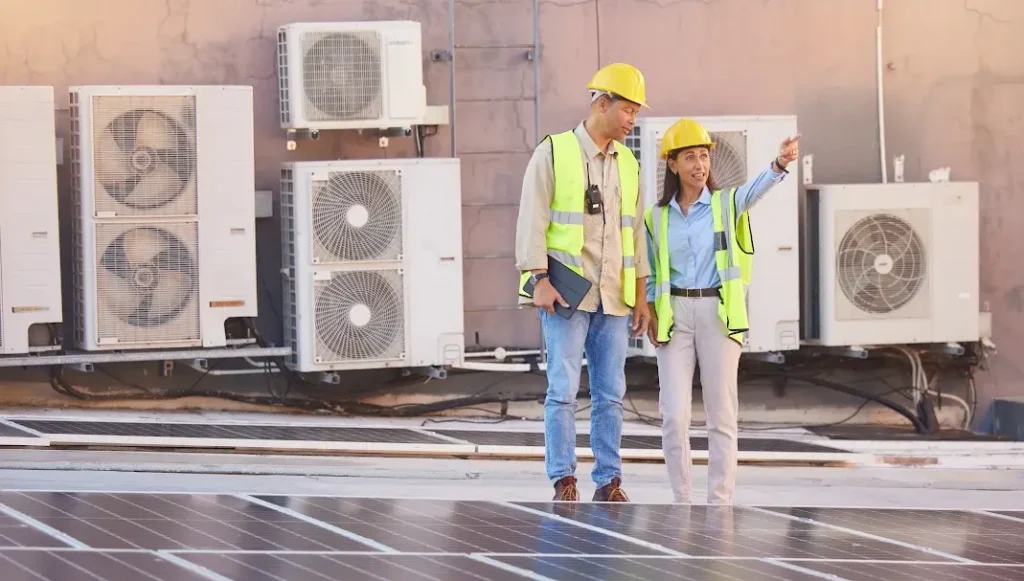A comprehensive guide for HVAC replacement should address crucial aspects like a system’s age, performance, and cost considerations. When considering HVAC replacement, it is crucial to evaluate whether AC repairs are a more cost-effective solution. Factors like home size, climate, and specific needs influence the total costs, which can range from $8000 to $22000, depending on your chosen equipment and local labor costs. Florida Mechanical A/C Services provides reliable and efficient HVAC installations for year-round comfort.
HVAC Replacement 101: What Every Homeowner Should Know
Is your HVAC system on its last legs, making loud noises and struggling to maintain a comfortable temperature? Choosing to replace the older unit with a new energy-efficient model requires researching options and getting quotes from various contractors. Obtaining quotes and understanding the breakdown of costs, including labor and the potential ductwork adjustment, is essential.
| Did You Know About the New Refrigeration Regulations? Starting in 2025, new residential systems must use A2L refrigerants with a lower global warming potential(GWP), replacing older refrigerants like R-410A. |
Here is your complete HVAC replacement roadmap from start to finish.
Cost Breakdowns
The replacement cost of HVAC with installation is between $8000 to $22000 on average, depending on your local labor rates and the chosen equipment. Federal tax credits and utility rebates can cut the initial costs by around $2000 to $5000. Equipment represents 40 to 60%of the total costs. Local permits cost around $150 to $300 for small towns, while major areas can charge $800 to $1500 in permits and inspection fees.
- Ductwork materials and labor may cost on average between $2000 and $7500. The price range for residential ductwork is $25 to $55, whereas the price range for commercial ducting is $15 to $35 per linear foot.
- Zoning system (simple zoning of one to two rooms) costs between $2000 and $8000.
- A mini split system may cost between $2000 and $10,500 for the unit and professional installation.
Key Considerations for HVAC replacements
- The typical lifespan of an HVAC system is between 10 and 20 years. If your system is approaching or exceeding its age limit, consider replacement.
- Older units lack the efficiency of newer models, which have a higher SEER2 rating. (Seasonal efficiency energy ratio), which can lower energy bills and improve efficiency.
- If your system requires frequent repairs, struggles to regulate desired indoor temperatures, and the performance is declining rapidly, replacement sounds like a wiser option.
- Engage with a licensed technician who can assess and understand your home’s specific requirements, provide an accurate quote, and guide you through the process.
- While initial HVAC system upgrade costs can be substantial, long-term savings and reduced maintenance expenses should be considered when evaluating the cost-effectiveness of the replacement.
- Larger homes and those in extreme climates may require more powerful and potentially more expensive HVAC systems.
- Your electrical panel capacity will also influence the total price of replacement. Upgrading an outdated, 100-amp panel may cost you between $2000 and $4000 to handle the new power load safely.
- If you have multiple floors and distinct temperature zones, a zoning system might be beneficial, though it will increase the overall replacement costs.
| Fast fact: The HVAC industry faces a shortage of 110,000 technicians, with 25000 leaving the industry annually. |
Timelines
- A typical replacement can take anywhere from a few hours to a couple of days, depending on the complexity of the job.
- Home size, ductwork modifications, and the need for specialized equipment can impact the duration of the installation.
- To facilitate the HVAC installation process, ensure clear access to the unit and the surrounding areas.
- Seasonal demand may affect scheduling — summer and winter are peak times, so booking in advance can help avoid delays.
Conclusion
HVAC replacement due to age or multiple repairs is a significant investment. You need to do thorough research and understand that factors like your home size, ductwork modifications, and panel upgrades will determine the actual cost of replacement. Newer systems are more efficient, offering enhanced comfort, lower energy bills, and a smaller environmental footprint.
FAQs
Q. What are the new trends in HVAC?
Smart thermostats are now a standard feature, and new additions include voice command, mobile apps, and predictive maintenance alerts.
Q. What happens when a new HVAC is installed?
After the installation, refrigerant is added, and the new system is activated and retested to ensure all components are working properly.
Q. What is the main problem with HVAC?
Dirty and clogged filters are the main issue that can disrupt airflow, leading to low performance from your HVAC.
Q. How do I know if HVAC replacement or repair is the better choice?
If your unit is over 12–15 years old, requires frequent repairs, or has high energy bills, replacement is often more cost-effective long term.
Q. How do I prepare my home before HVAC installation?
Clear the installation area, secure pets, and ensure easy access to the electrical panel and ductwork for a smoother process.



